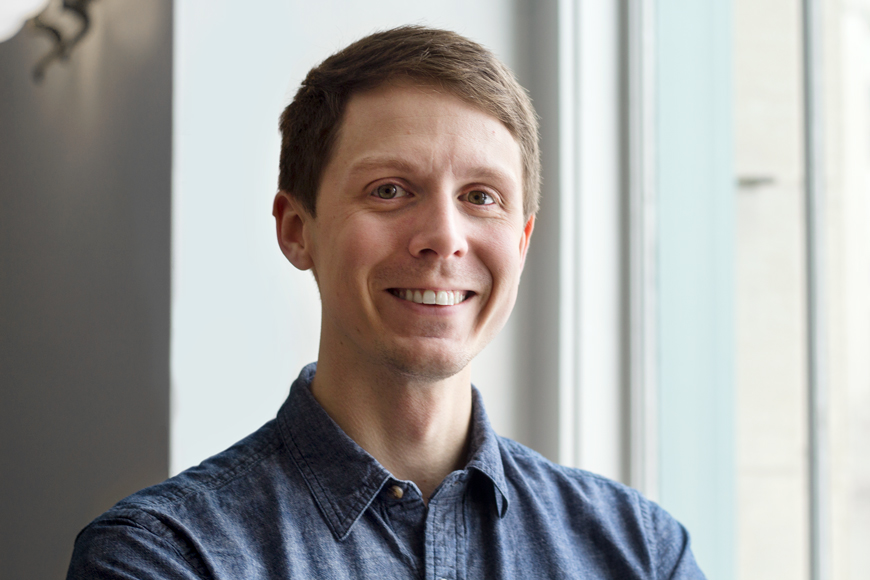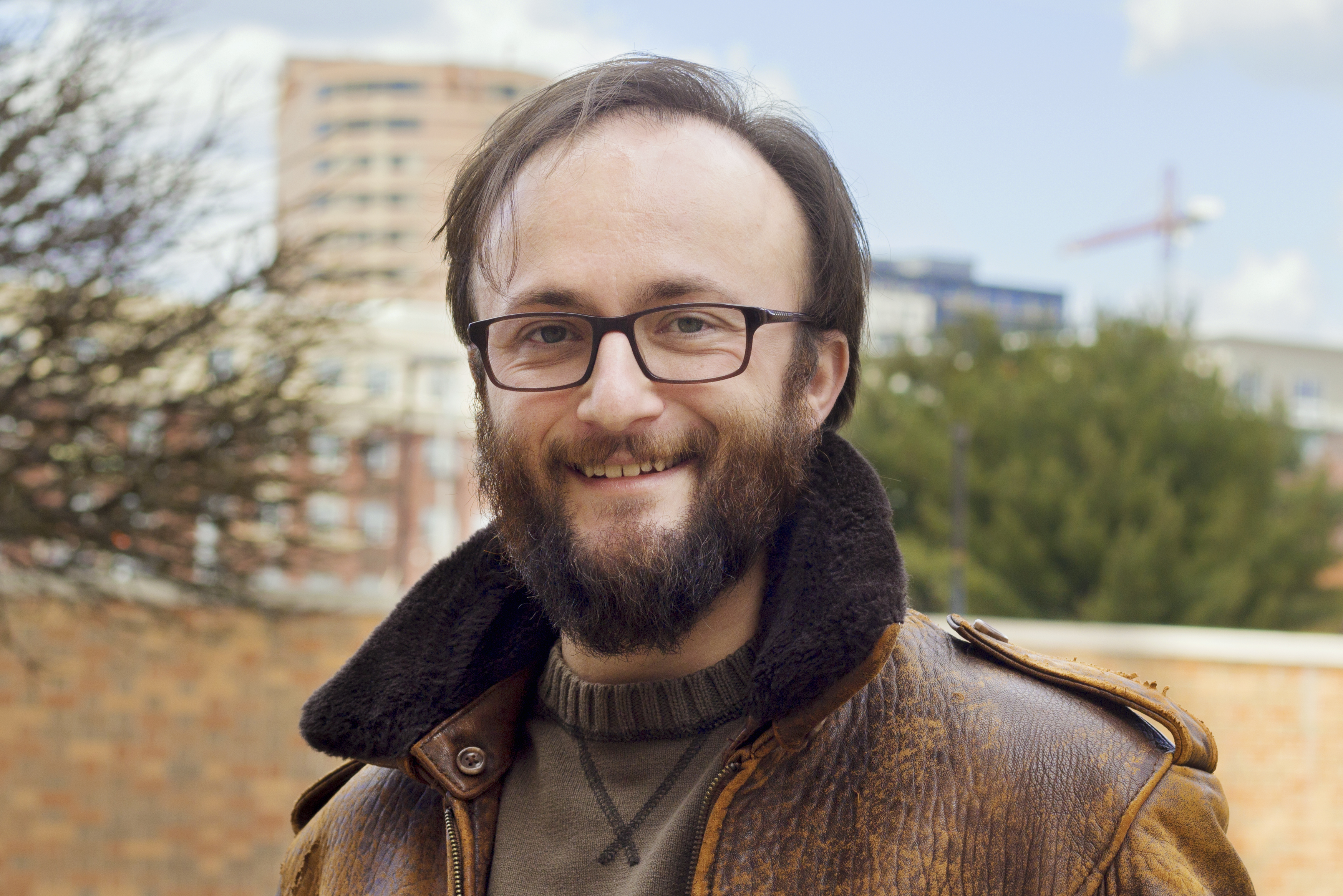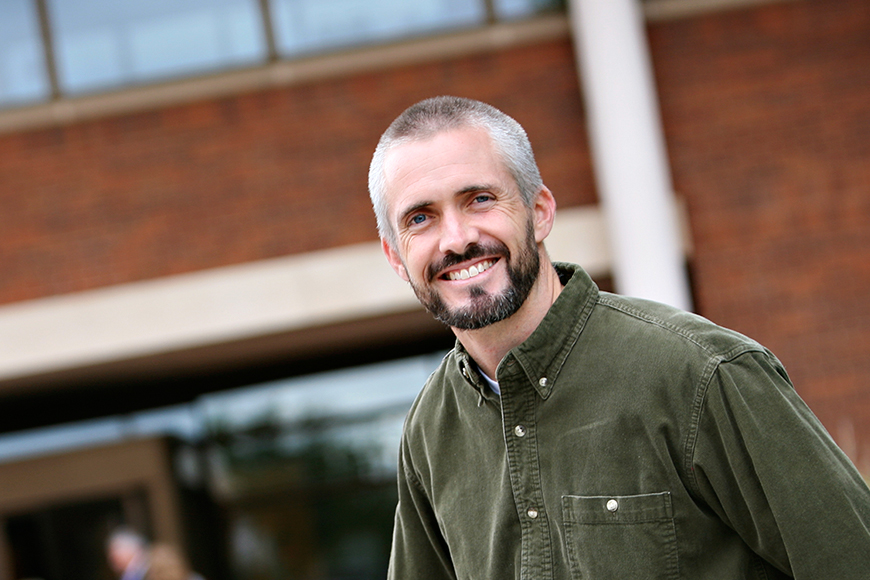How Philosophers Interrogate the Rules of Science
Science is sometimes seen as a mechanical procedure. It’s about plugging in inputs, observing outputs, and replicating the results. Thus, the public understanding of scientific knowledge is often entirely based on the results with little to no thought given to the underlying processes or the role of the investigator and their community of inquiry.
This is where the philosopher is necessary. Philosophers interrogate how science is done and scrutinize the actual processes of scientific inquiry. Some assumptions held by scientists may have less validity than previously thought. Others may be valid but their justification or rationale is unclear. How do scientific methods work? Under what conditions do they succeed or fail? Is replicating a result enough to say it’s true? How does the actual practice of science influence the process of inquiry?
These and many other questions continue to inspire conceptual debates about the sciences. Philosophers at the University of Minnesota tackle these questions from different philosophical angles, offering analyses that advance our understanding of science and scientific progress.

Philosophy of Science and Scientific Practice

Replication as Success and Unsuccessful Replication
Over the course of two years, Samuel Fletcher has been exploring the philosophical relevance and implications of the replication crisis, the inability of researchers, particularly in fields such as cancer biology and social psychology, to replicate or reproduce certain published findings in subsequent studies.

Philosophy of Science and the Crisis of Reproducibility
While biologists and psychologists might seek to replicate an experiment, mathematicians might seek to reproduce a proof. Alan Love contends that reproducibility failures should not be taken to undermine the reliability or trustworthiness of science: “We should be confident precisely because scientists sometimes get it wrong, since they know how to process their errors and take advantage of situations when they fail.”
This story was written by an undergraduate student account executive in CLAgency. Meet the team.



